Dark shadows
The shadow of the military still darkens the electoral process.
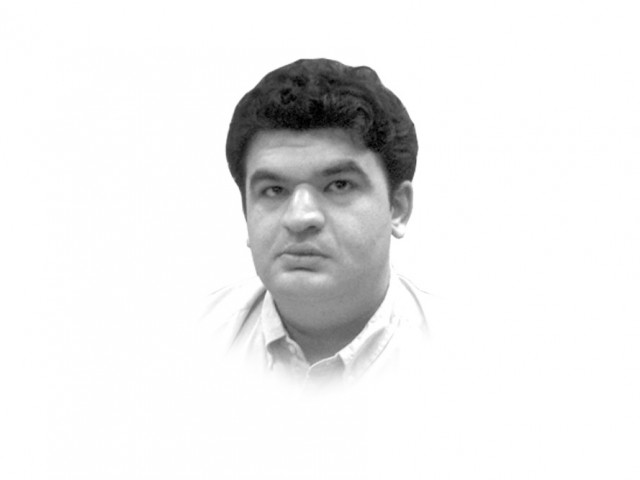
The writer is a Karachi-based journalist who has previously worked at The Express Tribune and Newsline
Nowhere is this more evident than in the insertion of amendments to Articles 62 and 63 of the Constitution through a presidential ordinance by General Ziaul Haq. In his pious religiosity, General Zia decided that simply meeting minimum age and citizenship requirements was not enough in order to qualify to stand for parliament. He decreed that all aspirants to elected office must demonstrate adequate knowledge of religious teachings, practice all obligatory religious duties and be “sagacious, righteous and non-profilgate and honest and ameen”. If there is a single citizen of the country, forget our parliamentarians, who fits the bill, I have yet to come across him or her.
General Zia, of course, did not state who would stand and judge his fellow-beings’ righteousness but now the Election Commission of Pakistan (ECP) has decided to take up his mantle. Prospective candidates were asked to recite Quranic verses as a qualification for office, this apparently being enough to decide if someone is a good enough Muslim to be allowed in the sanctity of parliament. The ECP may want to peruse the Munir Report which, let alone sifting through people to identify good Muslims, found that clerics could not even agree on how to define a Muslim.

General (retd) Pervez Musharraf, too, is making his presence felt, although his literal presence in the country is a mere distraction. The dictator, who like all military men had nothing but disdain for the political class, decided that he wanted to get himself new politicians. He did so by adding a graduate requirement to stand for election to the National Assembly. We didn’t get many new politicians but we did get many new university degrees. That anti-democratic requirement, which disqualified pretty much the entire country from standing for national office, has been rightfully abandoned but it is still making its presence felt through the ECP, which is disqualifying candidates who submitted fake degrees in the past, and the courts, who are jailing the same people.
Certainly, in both of these cases, the politicians have to share a lot of the blame. While debating and passing the Eighteenth Amendment, parliament should, as a matter of principle, have removed each and every contamination introduced by military dictators, including the additions to Articles 62 and 63. It is also very hard to feel any sympathy for politicians who are guilty of perjury and, in many cases, forgery. The point is not to absolve the political class of any blame; it is to point out how the shadow of the military still darkens the electoral process.
It is an irony of democracy in Pakistan that the biggest threat to the holding of free and fair elections will be the very institution tasked with safeguarding the electoral process. There is every chance that security at the polls will be handled by military and paramilitary forces, rather than regular police. There are those who will argue that only the military is capable of providing security which, if it is true, is only because the military has ensured that its influence remains paramount in every nook and cranny of the country.
Published in The Express Tribune, April 5th, 2013.



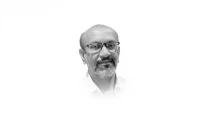




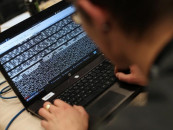
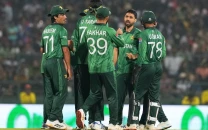

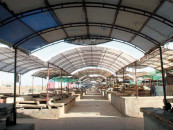
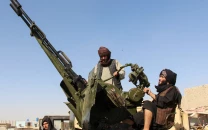

COMMENTS
Comments are moderated and generally will be posted if they are on-topic and not abusive.
For more information, please see our Comments FAQ